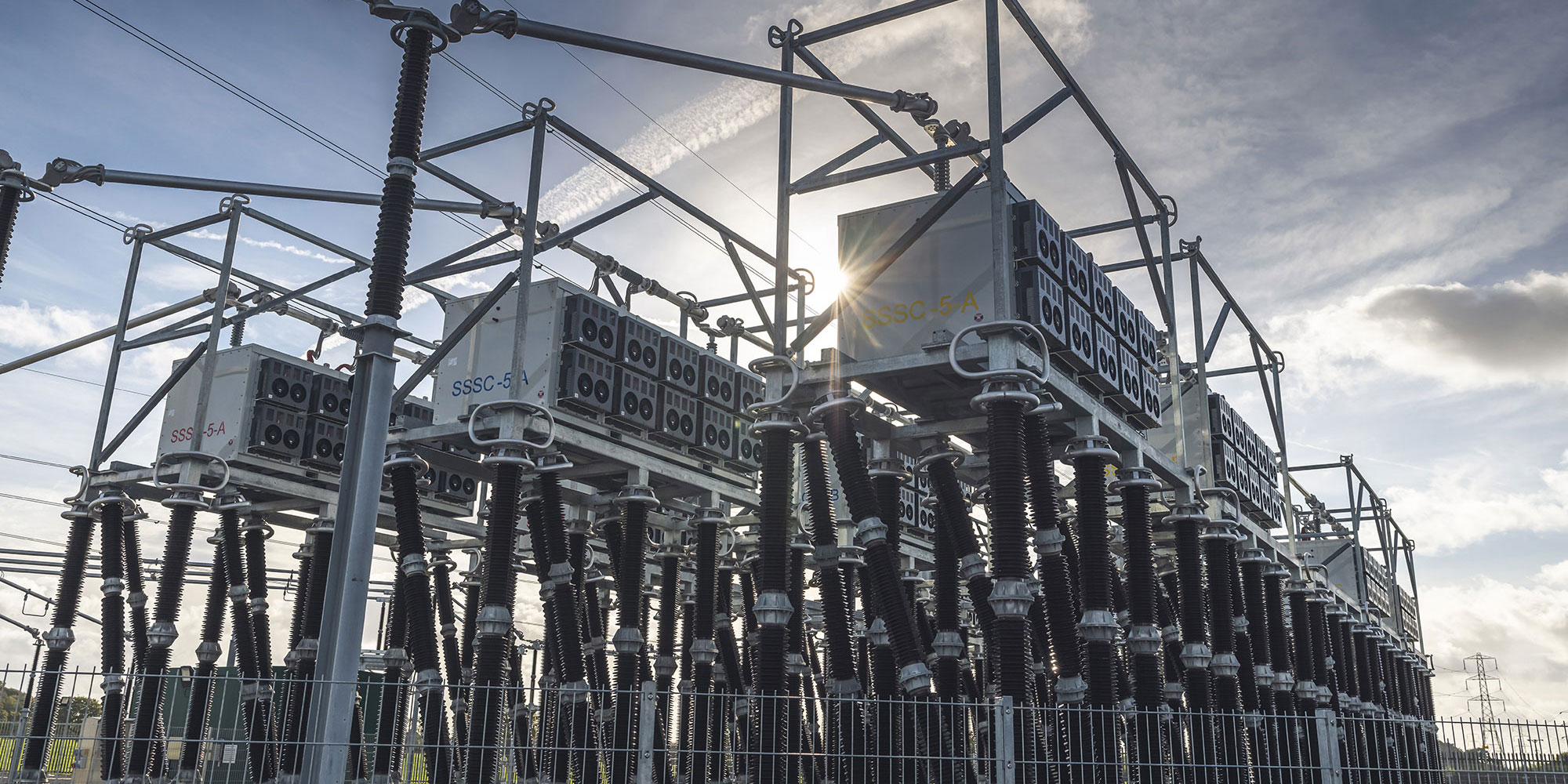Case Studies
Jabil Customers and Strategic Suppliers Discuss the Value Achieved Through Partnership
-

Case study
Candela Fortifies Legacy of Medical Device Innovation and Quality
-

Case Study
Axis Communications Innovates Surveillance Breakthroughs
-

Case Study
Transforming Women’s Healthcare With Smart Technology Innovations
-

Case Study
SES-imagotag Partners with Jabil to Propel Global Growth of Smart Electronic Shelf Labels
-

Case Study
Smart Wires Powers a Smarter Grid for a Greener Future
-

Case Study
Cardo Systems Sets New Standard in Helmet Communication Systems
-

Case Study
SolarEdge Combats Climate Crisis with Smart Energy Technology
-

Case Study
Design Transfer Project for Control Pad Product Refresh is a First for Historically Self-Reliant VELUX